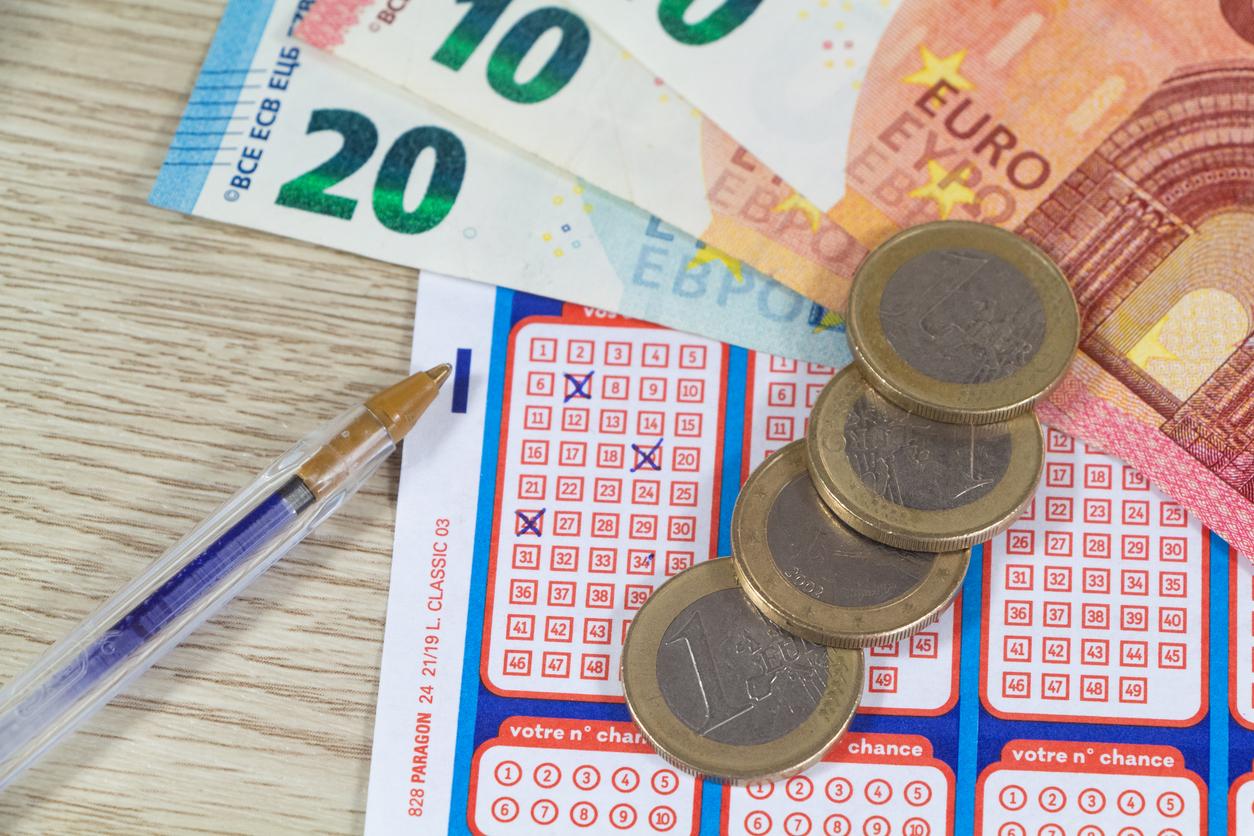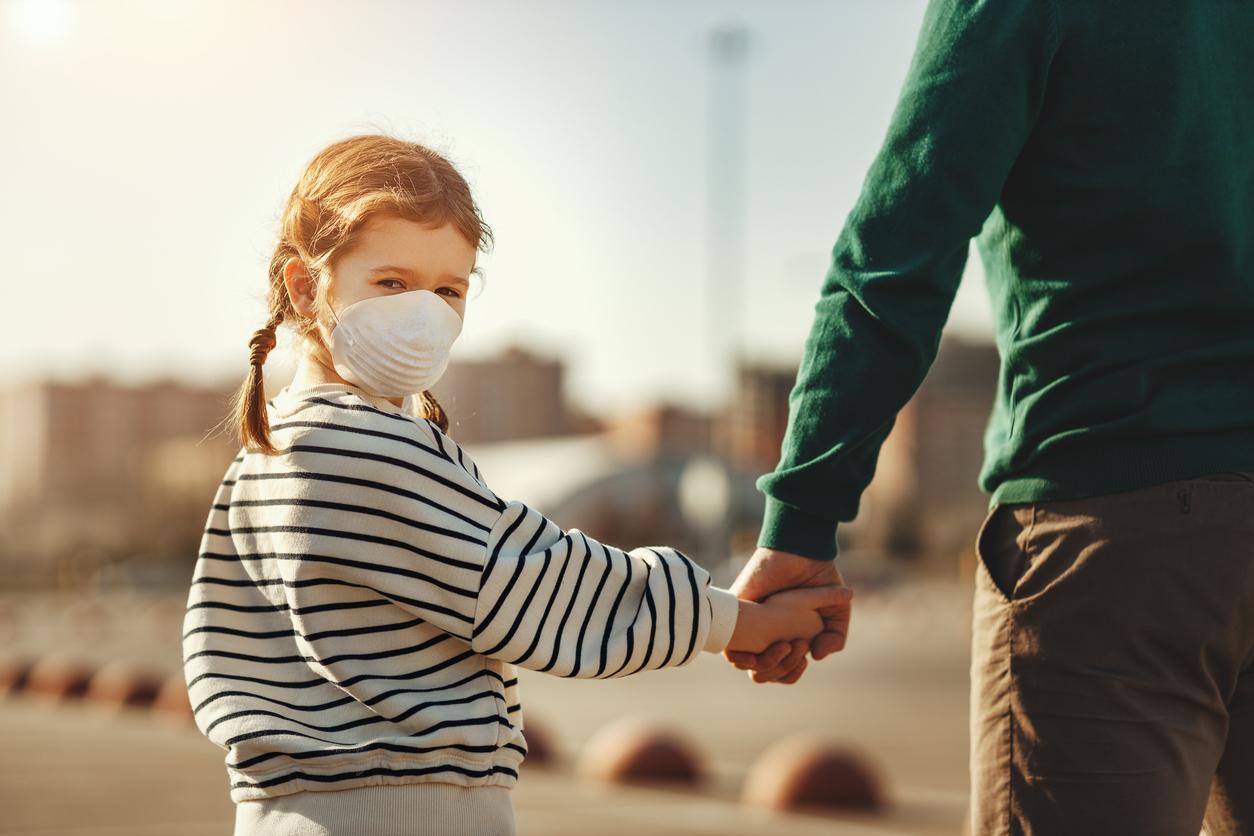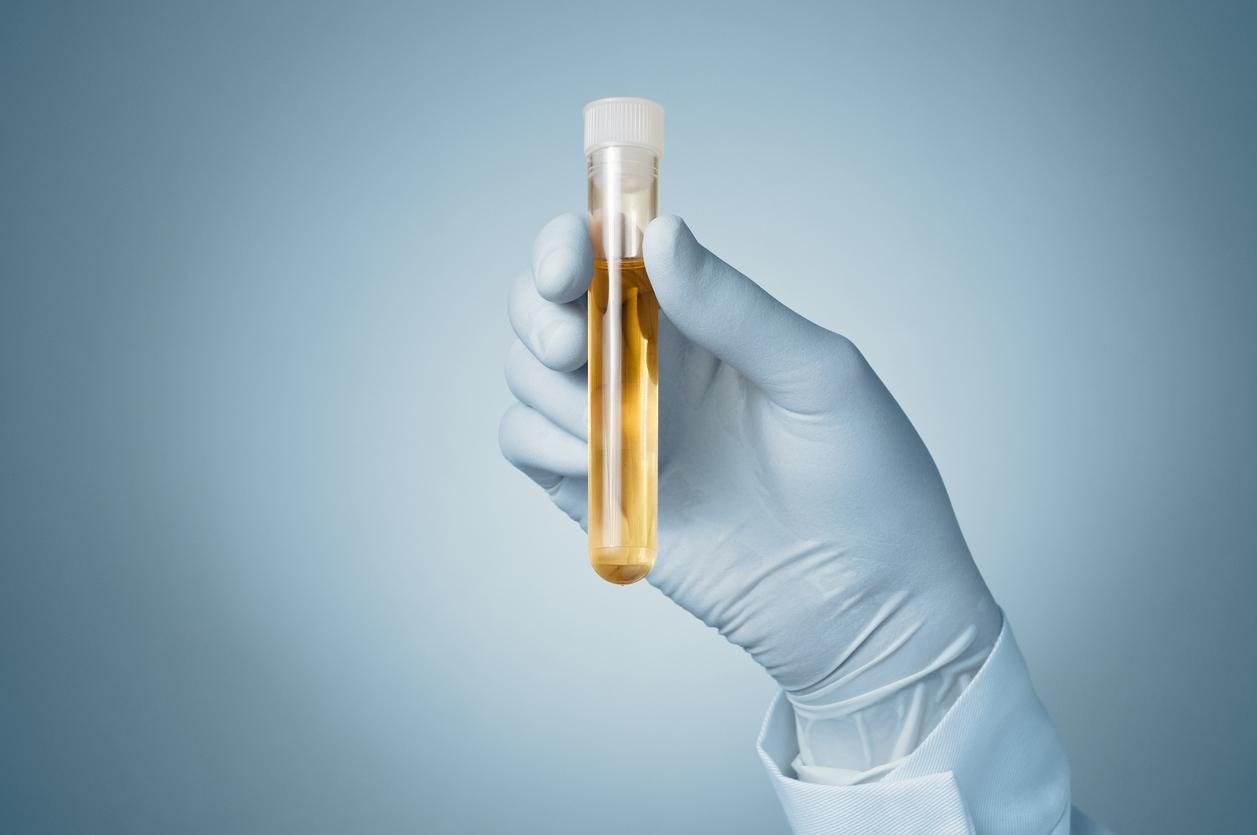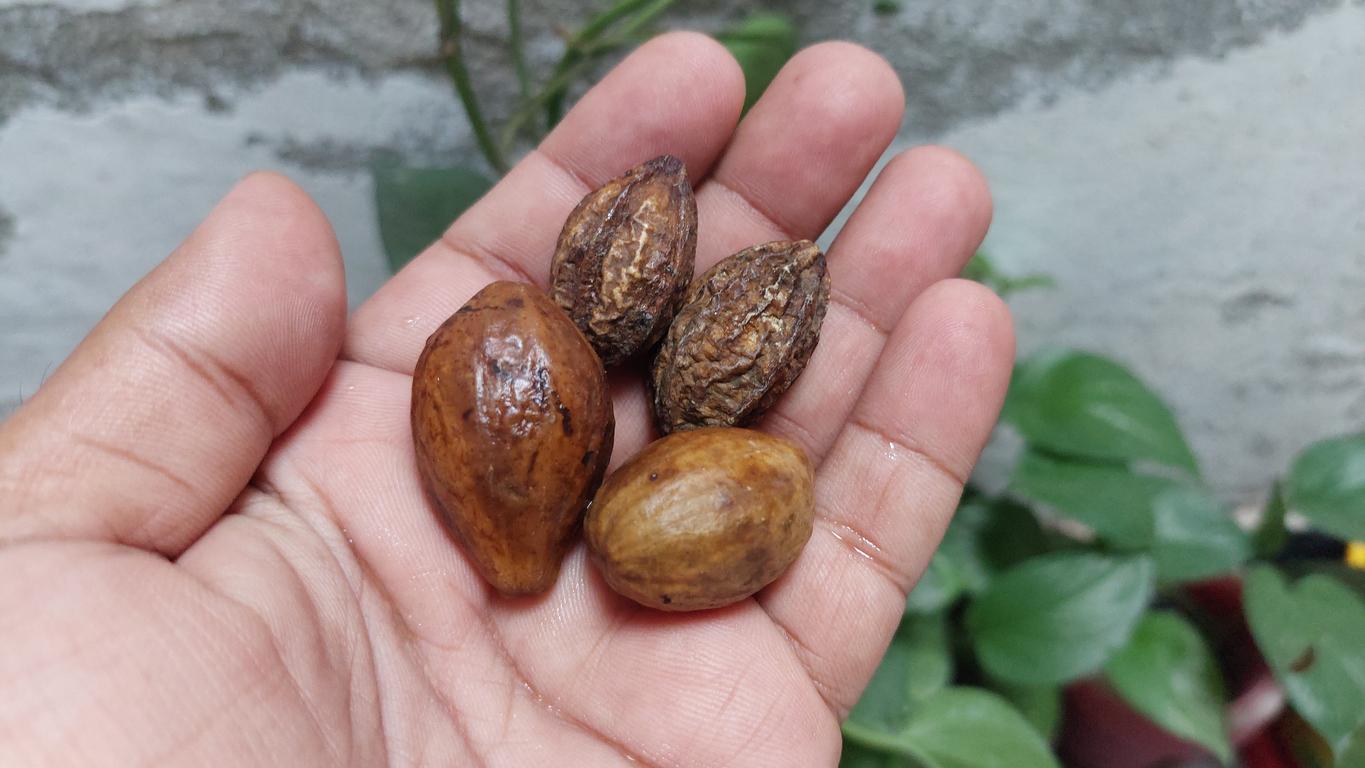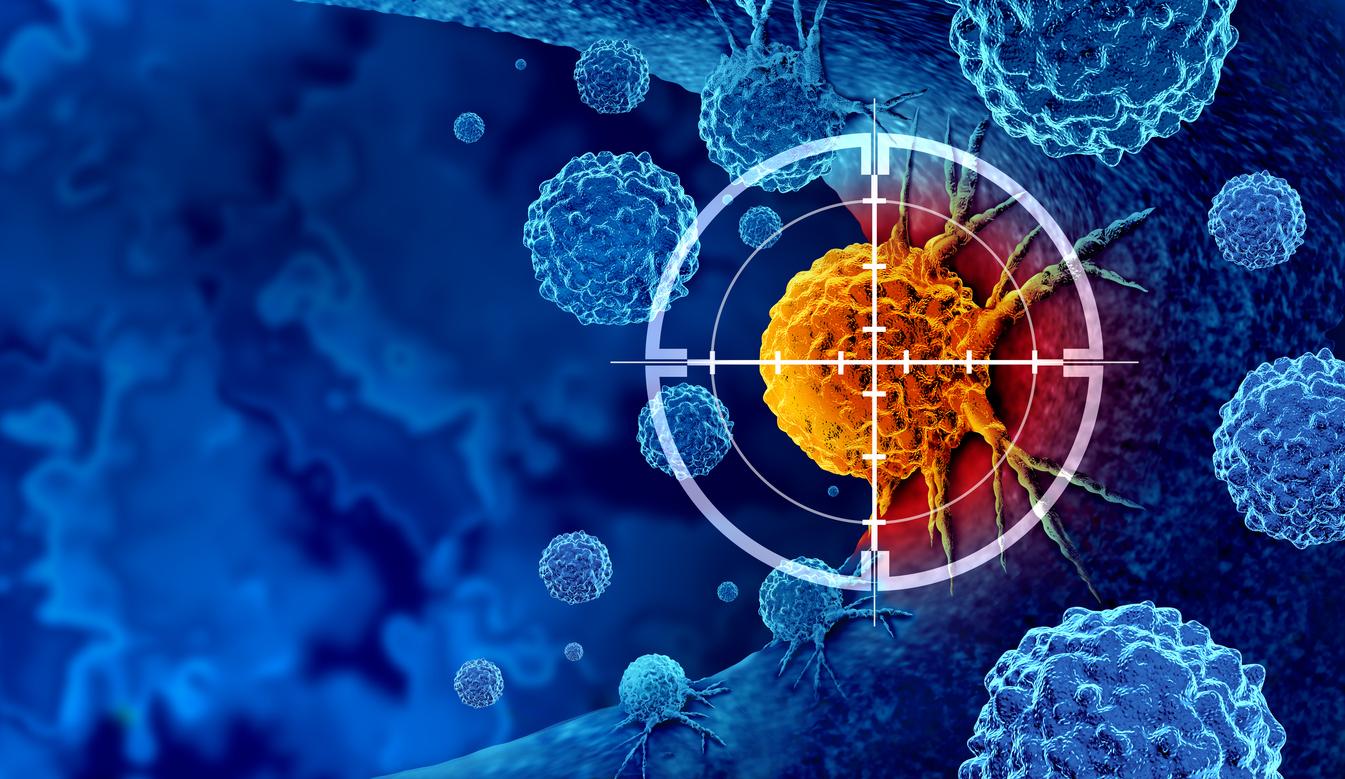According to Public Health France, alcohol consumption is responsible for 41,000 deaths per year and remains the second cause of preventable death behind tobacco. Direct or indirect responsible for cancers, cardiovascular diseases, accidents… excessive alcohol consumption can also lead to dependence on alcohol and its effects.
Figures for alcohol consumption in France (evolution by age, gender)
According to the 2017 Public Health France barometer, 10% of 18-75 year olds are daily alcohol consumers and 5% consume six or more drinks on the same occasion, every week. “Alcohol consumption appears more and more masculine as the frequency of consumption increases. It evolves with advancing age, with a reduction in the number of glasses consumed associated with an increase in the number of days of consumption”, says the authors of the study.
Still according to Public Health France, 23.6% of French people aged 18 to 75 exceed consumption benchmarks in 2017. This concerns 33% of men and 14% of women.
- Read also: alcoholism among women, taboo but real
Other figures, available on the sante.fr site, “it is estimated in France that around 1.5 million people are alcohol-dependent and that 2.5 million people have risky consumption (but still manage to control their addiction)”.
What are so-called “lower risk” consumption benchmarks developed by the National Cancer Institute (INCa)?
- consume no more than ten standard drinks per week
- do not consume more than two glasses a day
- do not consume alcohol every day
What is the definition of alcohol dependence?
Alcoholism or alcohol dependence is an addiction to alcohol, “linked to repeated, excessive, urgent and compulsive intake”, is it explained on the Ameli.fr site. According to the WHO, alcohol dependence is proven when the consumption of alcoholic beverages becomes a priority relative to other behaviors previously prevalent in a person. The desire to drink alcohol becomes impossible to control and must be satisfied at the expense of all other considerations.
What are the symptoms of alcohol dependence?
Prof. Laurent Karila, psychiatrist specializing in addiction, defines alcohol addiction according to what he calls the 5Cs :
- It’s like keep on going either a continuous and chronic consumption of alcohol
- It’s like craving either the irrepressible urge to consume
- It’s like compulsive
- C as control either the loss of control
- C as consequences either a consumption despite the Negative consequences alcohol.
Laurent Karila adds: “To talk about addiction, we have to find these symptoms over twelve months“.
These 5Cs, the signs of alcohol dependence, may be accompanied by a physiological dependence on alcohol, characterized by signs of withdrawal and addiction. “We find withdrawal syndrome (anxiety, irritability, sleep disorders, pain, etc.) when the person does not drink alcohol and is in need. In addition, a phenomenon of tolerance sets in, that is to say that the alcohol-dependent increases the doses to find the effects of the first times., notes Laurent Karila. All of these criteria will make it possible to make the diagnosis.
What are the risk factors?
Alcohol dependence, like any other addiction, is multifactorial. Laurent Karila details these factors as follows:
- Factors related to the development of the individual: these factors are related to the age of the individual and the development of his brain
- The psychological factors personal such as temperament or associated disorders
- The Fgenetic actors found according to our specialist in 40 to 70% of addictive disease.
- Brain and neurobiological factors
- Environmental factors such as the influence of relatives and society
“These five main types of factors all interact together. They must be unbalanced for the individual to present a risk of developing an addiction”, emphasizes our expert. This means that an isolated factor, such as the very present genetic factor in addiction, does not mean that one will become alcohol-dependent.
Can alcohol addiction be episodic?
As explained above, the symptoms must last at least twelve months to speak of alcohol dependence. However, occasional, repeated excessive consumption is a risk factor. One thinks in particular of binge drinking, these express binges, which have become a real scourge in recent years, among young people.
“Binge drinkers do not all become alcohol-dependent, but binch drinking is one of the environmental risk factors. This does not explain everything, additional vulnerability factors are needed. But it is clearly a the use of alcohol which presents, for the person who suffers from it, a risk of developing an addiction to alcohol”, develops Laurent Karila who emphasizes: “the younger one is exposed to alcohol – early exposure to alcohol – the greater the risk of becoming alcohol dependent”.
What are the health and social complications of alcohol dependence?
The alcohol addiction is dangerous to physical and mental health. “We find in the first place liver damage, in particular hepatic steatosis – what is called fatty liver – which can progress to cirrhosis which itself can progress to liver cancer.explains Laurent Karila. All organs can be affected: the brain with the occurrence of polyneuritis of the lower limbs or damage to the optic nerve, digestive disorders, cancers. Alcohol could be responsible for 17% of breast cancers.notes the addictologist.
The consequences of alcohol dependence are also deleterious for psychological health. “Regular and excessive alcohol consumption can also have negative consequences on the social and professional life of the drinker: absenteeism, job loss, delinquency, reduced quality of life, tensions with those around them…”, notes on its website the Ministry of Solidarity and Health. According to Laurent Karila, “alcohol is depressogenic, ie it increases the risk of depression, dark thoughts and suicidal desires. It is often responsible for an aggravation or emergence of other psychiatric disorders such as anxiety disorders, anxiety attacks.
What support ?
Caring for an alcohol addict is work multidisciplinary concerning the general practitioner, the pharmacist, the addiction psychiatrist… “The first step is to carry out an assessment interview in order to assess the patient’s consumption and to look for any associated comorbidities such as social, somatic or psychiatric disorders”, explains the addictologist.
>> In the short term:
For consumers who are physically dependent on alcohol, therapeutic withdrawal is offered.
“It lasts from one week for the simplest cases to three weeks for the most complicated cases and takes place on an outpatient or hospital basis”. During this period, it is necessary to hydrate the patient a lot in order to avoid the appearance of physical disorders due to withdrawal. “Vitamin B1 and benzodiazepines are also prescribed to avoid withdrawal accidents”, explains Laurent Karila.
>> In the medium and long term:
It must be borne in mind that withdrawal is useless if no treatment is put in place afterwards so that the patient remains abstinent. “The hardest thing is what comes after”summarizes the psychiatrist of the Paul Brousse hospital. “The patient undergoes supportive psychotherapy which consists of motivational reinforcement, with motivational interviews, which help him to make decisions on his own”continues the addictologist.
To prevent relapses, unfortunately very common in the process of stopping alcohol, “We prescribe addictolytics that reduce the desire to drink, combined with behavioral therapy. Once the desire to drink has been controlled, we go deeper with a psychoanalytic approach to understand why the patient has become alcohol-dependent”.
Can alcohol dependence be cured?
“I perform a first evaluation at one year. If the patient has remained abstinent, it is a very favorable evolution. The vast majority of alcohol-dependent patients need to be totally abstinent to succeed. Recovering from addiction means having succeeded in stabilizing the disease. There are a lot of relapses and it is extremely rare to succeed on the first try.“, warn the psychiatrist. Relapses are actually part of the healing process.
Who to contact for help?
A person can decide to stop consuming alcohol following a serious event (accident, argument) related to alcohol or because he realizes that his relationship with alcohol is dependent. First, he can turn to his attending physician or occupational medicine. It can then be directed to a psychiatrist specializing in addiction.
Talking groups like AA (Alcoholics Anonymous) Where Free Life offer valuable support for some and increase the chances of success.
The Addictology Care, Support and Prevention Centers (CSAPA), present throughout the territory, support people who suffer from addiction and carry out prevention campaigns.
There are online resources to find information such as alcohol-info-service.frfrom Public Health France.
Sources:
- Interview with Dr Laurent Karila, professor at the University of Paris-Saclay, doctor at the Paul Brousse hospital in Villejuif and author of Alcoholism in the feminine (ed. Leduc, 2021).
- Alcohol, where are the French? Public health France, January 2020.
- Alcohol and healthAmeli.fr.
- Alcohol addictionMinistry of Health.
Read also:
- Alcoholism, from denial to trigger
- Alcoholism: “isolation, anxiety and always this alcohol at hand, are all reasons that can make you dive again”
- 8 misconceptions about alcohol
- Testimonial: “I got out of alcohol thanks to baclofen”













